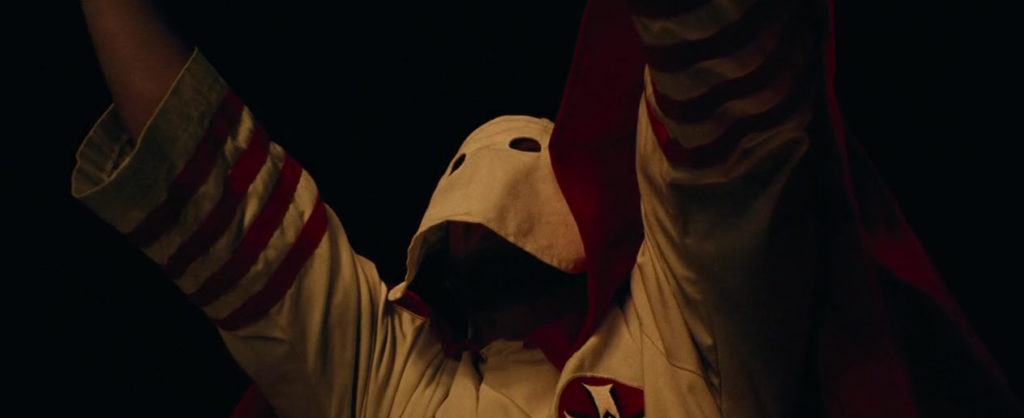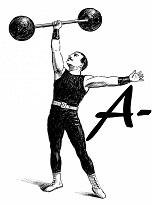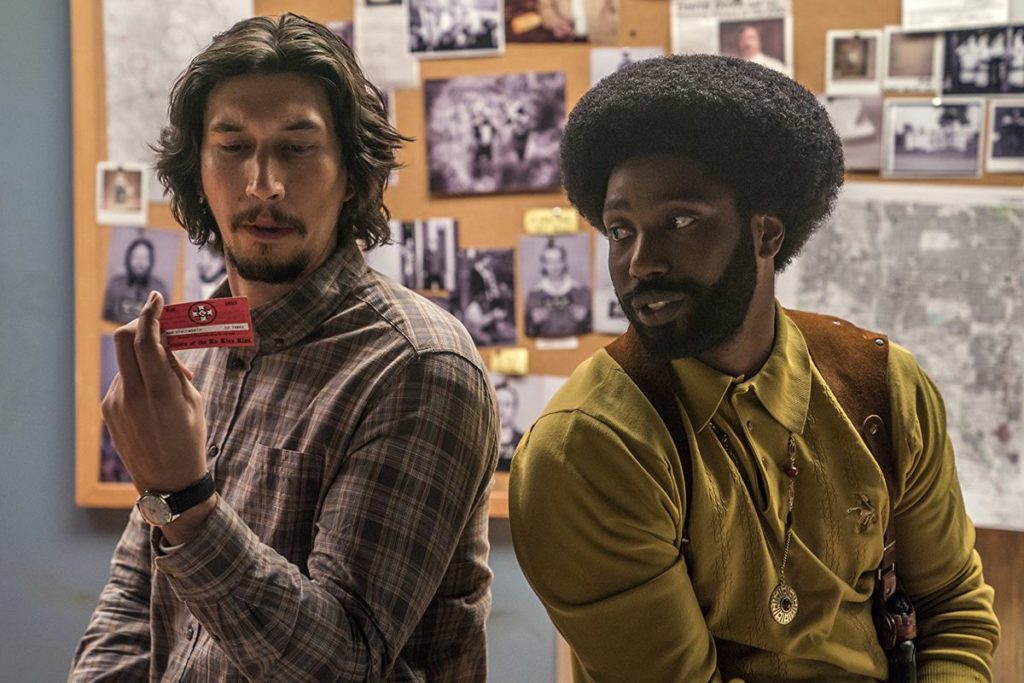Spike Lee is not known for his subtlety. From his films examining race relations to his opinions on Charlton Heston and the NRA, Spike Lee is unabashedly and controversially honest. As one of the most intentionally political filmmakers, it is no surprise that “BlacKkKlansman” is the most blatantly political film of 2018, including “Vice” which is literally about a politician.
“BlacKkKlansman” stars John David Washington as Ron Stallworth, the first African-American detective in the Colorado Police department, on his quest to infiltrate the Ku Klux Klan with the help of fellow police detective Flip Zimmerman (played by Adam Driver). The film also stars Topher Grace as David Duke, the Grand Wizard of the KKK, and Laura Harrier as Patrice Dumans, president of the Colorado College Black Student Union.
All the actors provide strong performances, though Washington is a little stiff in some scenes. However, Driver really shines. His intensity is felt in every scene where he is in undercover, including an especially gripping scene with a lie detector.
Lee directs the film confidently, using the film as a lens to focus our attention on race relations in America, not just in the ’70s, but in present day. A conversation about how Duke is looking to get someone established in office is obviously pointed at a current politician who received open endorsements from the KKK. Furthermore, the scene where the KKK all chant “America First” also strikes a chord with the current political climate in the USA.
As Stallworth’s investigation goes deeper and deeper, we get some glimpses of how racism impacts some of the larger structural processes, which is especially clear in how the Police Chief reacts to the case. A scene where Stallworth, acting undercover, is racially profiled by fellow police officers and viewed as a criminal during one scene is a particularly intense example of the impacts of underlying racism on a societal level. This is one of the film’s strongest moments.

However, Lee’s bold direction isn’t always on target – the double dolly shot used at the end of the film feels out of place. Understanding that the double dolly is a Spike Lee trademark and it looks great, it adds an artistic element that doesn’t fit in a film largely devoid of excessively stylistic shots. Some critics have viewed it as a metaphor or symbolic moment, but it seems more like Spike Lee just wanted to include his trademark shot.
Additionally, the ending of Stallworth’s story falls a little short. Throughout the film, the tension is built, but the climax doesn’t really do justice to the suspense that an undercover operation involves. Things wrap up a little too nicely for Stallworth, leaving the audience wanting a little more.
However, the final moments of the film are anything but a happy ending. In a final montage of clips from the 2017 white supremacist rally in Charlotteville and footage of people crying after a car was driven into a crowd of counter-protesters, Lee draws an explicit line between his film and current political events. As the film ends on a black-and-white, upside-down US flag, the audience is left shaken from Lee’s unambiguous message: Hate is not a thing of the past. It exists right now.
“BlacKkKlansman” is a call to action. To quote from Spike Lee’s Oscar acceptance speech, we must “make the moral choice between love versus hate. Let’s do the right thing.”
-by Kieran Davey


